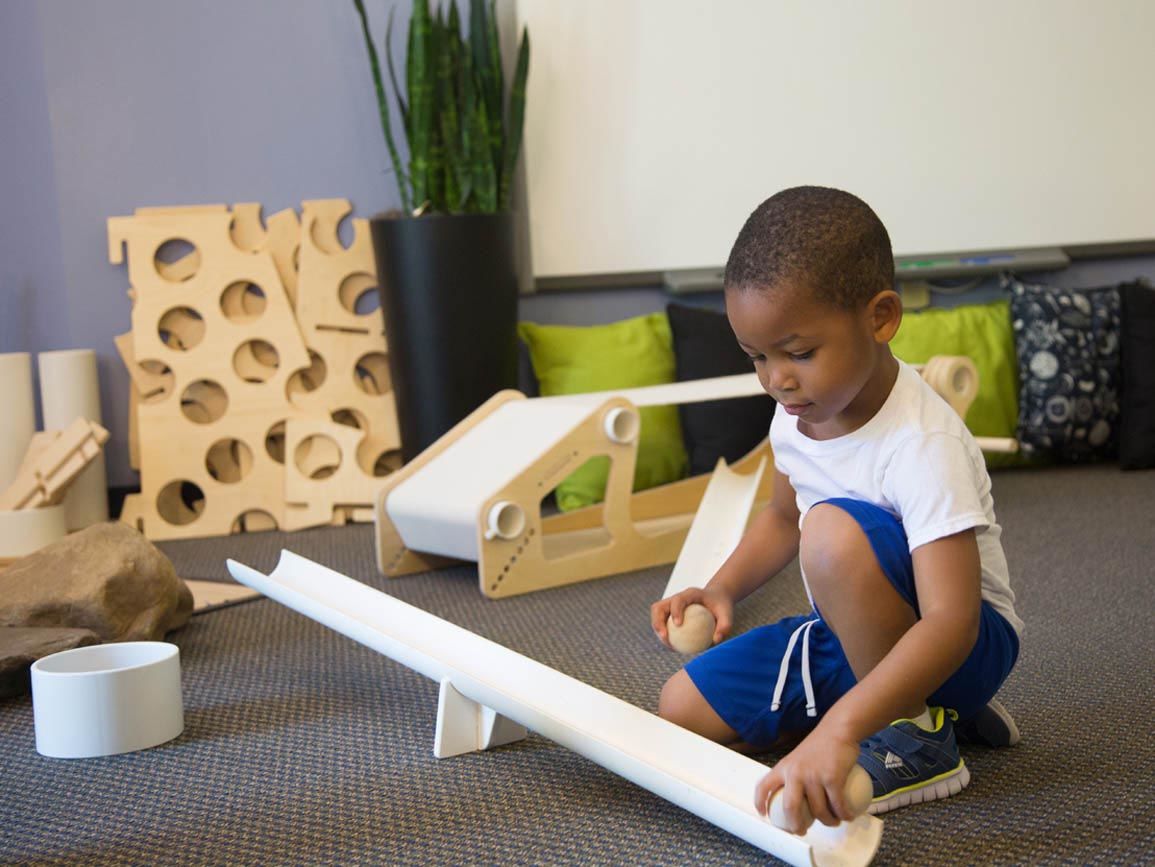The four pillars include:
- People
- Place
- Routines
- Rituals
During this time of uncertainty, parents must dip into their emotional reserves to care for children and extended family as they manage difficult economic and financial realities. Those parents who are also on the frontline of caring for others, e.g., teachers, healthcare workers, and those working in critical infrastructure roles, face an additional burden and may feel tasked beyond their ability to cope.
Children need our calm, reassuring presence more than ever, but it’s hard to give something that we don’t have ourselves. Below are some suggestions for maintaining emotional reserves, using the four pillars of security as a framework.
Four Pillars of Security: People
The most insecure feeling of all is feeling alone — no hand to hold, no one to look up to, no one to warn us, and no arms to hold us when we stumble. Security comes from familiar and trusted loved ones who know and understand us, and who we know and understand.1
- Practice self-care. Humans need strong emotional connection, and the first person we must connect with is ourselves. Get up early if possible. Go for a walk, exercise, or take a minute for spiritual practice, such as prayer or meditation. Make a cup of tea or coffee and go over the plan for the day. Find a few minutes to be alone each day, especially when your patience is running thin. Do whatever you need to do to start the day from a position of power and confidence.
- Acknowledge feelings. Check in with yourself from time to time, assessing your feelings. Just being able to say, “I feel scared,” or “I feel helpless,” diffuses those feelings and allows us to move from a reactive response to a more proactive response.
- Be patient with yourself, your children, and others. Expect some conflict as you Strategies for Parents Caregivers and Responders transition to being home more. In response to feelings of stress, anxiety, and even boredom, children might display negative behaviors to communicate their need for extra attention. Try not to feel resentful, but instead, recognize that behavior is children’s main way of communicating their needs. If you respond to the needs, challenging behaviors will likely go down. Have a few activities and diversions planned, such as nature walks, reading together, simple crafts, or building projects. Talk with children about solving problems and encourage them to take breaks for time alone.
- Connect with others. Develop communication plans for keeping up with extended family. Take time each day to unwind and share with family and friends. Don’t be afraid to ask for help if you feel overwhelmed, and take breaks from social media and news coverage.
Four Pillars of Security: Place
In our homes, we can relax. We take comfort in the familiar order, the sounds, sights, and smells. We know our way around and how things work. There are few surprises. Our treasured things are there to reassure us, as are our memories. An unfamiliar place makes demands on our awareness — we need to be alert. In our places, we have the freedom to find or create sanctuaries and places to pause.1
- Create comfort. Do what you can to keep your home a place of security and comfort. With everyone home, the house will get messier. Enlist family members to help with meal prep, laundry, and other basic household chores.
Four Pillars of Security: Routine
Routines are patterns of actions and expectations and the familiar order of the day. The structuring of time into routines has an enormous impact on how we feel. Routine reassures each of us and stabilizes groups — the daily meals, the prompt dry diaper, the inevitability of sleep.1
- Make a plan. Talk with family members to create a flexible, but predictable, schedule and routine.
- Follow a plan. Maintain daily meals, bedtimes, and activities as much as possible.
Four Pillars of Security: Ritual
Rituals build meaning and order in our daily lives: the first cup of coffee in our favorite cup, goodbye kisses, how we wake up or go to sleep, the routes taken to work or school. Rituals join routine as the bind that holds individuals and groups together in times of stress and uncertainty.1
- Spend time as a family. Continue beloved rituals and add a few new ones. Spend more time reading, playing, and talking together. Take breaks for fun, meaningful activities.
- Seek enjoyment. Think about the activities that are enriching to you and add more of those to your life.
Additional Help for Responders
Responding to COVID-19 can take an emotional toll on you. There are things you can do to reduce secondary traumatic stress (STS) reactions:
- Acknowledge that STS can impact anyone helping families after a traumatic event.
- Learn the symptoms: physical (fatigue, illness) and mental (fear, withdrawal, guilt).
- Allow time for you and your family to recover from responding to the pandemic.
- Create a menu of personal self-care activities you enjoy, such as spending time with friends and family, exercising, or reading a book.Take a break from media coverage of COVID-19.
- Ask for help if you feel overwhelmed or concerned that COVID-19 is affecting your ability to care for your family and patients as you did before the outbreak.
Download this guide as a PDF.
Resources
1. Greenman, Jim. (2005) “What Happened to My World”





